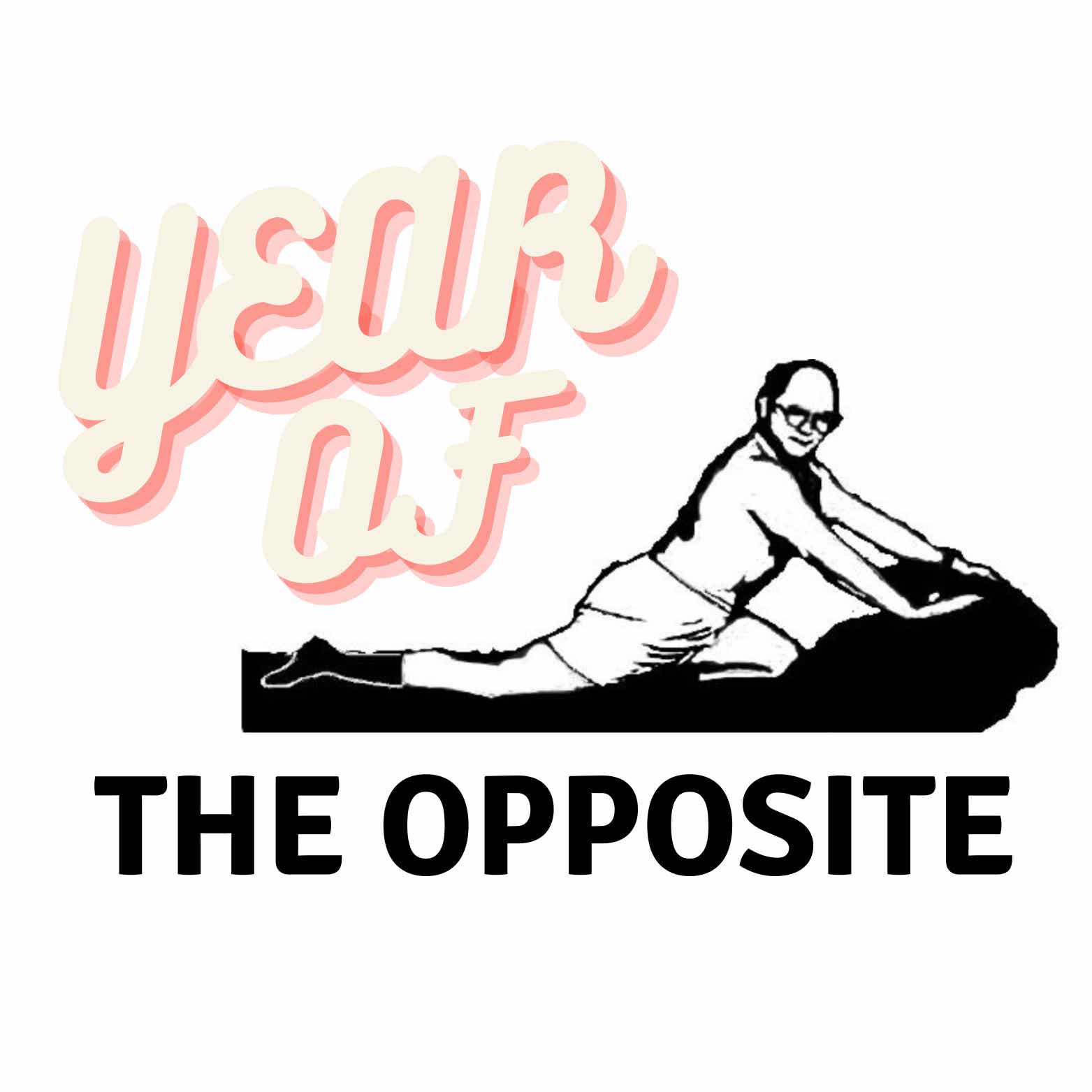Addressing The Root Causes of My Health Concerns
Description
In the 1880s, Chicago was faced with a huge problem. Chicagoans were dying from typhoid, cholera, and other waterborne illnesses at an alarming rate. Chicago was the fastest growing city in the world at that time and their future was threatened.
The Chicago River runs right through the heart of Chicago and connects with beautiful Lake Michigan. It was customary at the time to use rivers as a dumpster or sewer. Chicago was no different. Businesses would throw their waste into the river, butchers would throw carcasses into the river, medical waste would be dumped into it, and of course - lots of human waste would be dumped in as well.
All of that waste would flow down the river and out into Lake Michigan. The problem was, that’s exactly where Chicago got their drinking water! It took a while to figure out, but they finally woke up to the fact that they were literally pooping and peeing into their own water faucet and drinking it. Gross.
So, as you would suspect, they needed to fix this problem quickly. They were now aware that their own activity of polluting the river was literally causing their friends and family to get sick and die.
But, they came up with a plan to fix it! I know what you’re thinking: Just stop polluting the river and dispose of your waste properly. Easy fix! Nope, instead, they decided to undertake one of the largest civil engineering projects of all time. They decided to keep polluting the river, but reroute the river to flow backwards. This way they could send all their waste to St. Louis instead of to Lake Michigan where they get their drinking water.
It’s hard to get exact numbers on how much this project cost and how long it took. But everyone agrees it took over a decade and millions and millions of dollars. Probably billions of dollars when adjusted for inflation.
It’s such an amazing story. They literally rerouted a river to make it flow backwards to send their poop to another unsuspecting city.
I was thinking about another story that has similar attributes.
American car companies were notorious for prioritizing the relentless momentum of their production lines. The speed of the assembly line effectively dictated the daily production output of the plant and, by extension, the company. Employees were discouraged from halting the line; the prevailing notion was that defects could be addressed later, maintaining the continuous operation of the line for the sake of high production figures. The focus was on producing and selling as many cars as possible, even at the risk of allowing imperfections in the product.
This inevitably led to a decline in quality of American cars which then led to a decline in customer satisfaction and ultimately a decline in sales. Consumers grew tired of purchasing low-quality cars.
Japan on the other hand developed Jidoka. Jidoka is automation with human intelligence. Jidoka is a principle implemented in lean manufacturing where machines automatically stop working upon detecting an abnormal condition and operators try fixing the defect to prevent recurrence of the issue.
The Japanese auto manufacturers even went so far as to put big red buttons inside their production plants and encouraged, actually demanded, that their employees stop the line if they discovered a defect or a quality issue at any point in the process.
In the short run, stopping the line would be terrible for production numbers. Stopping the line would mean that all the workers would sit idle without work to do. A huge cost in lost productivity. The immediate benefit of course was that the car would be better. It would have fewer defects and quality issues. But there was also a deeper cultural change at the company. Every employee knew that they were empowered to make sure the product was perfect. They knew that the company was focused on quality.
The improvement in quality was noticed by the consumer and Japanese auto sales skyrocketed. Of course, now all the American
More Episodes
The National Association of Realtors agreed to pay $418 million to settle an antitrust suit that showed that they colluded to inflate commissions, block competition, inflate US housing prices, and harm consumers. The $418 million might seem like a lot, but it’s less that a half percent (.5%) of...
Published 05/28/24
Published 05/28/24
Today I am going to complain and I feel gross about it because my life is amazing and no one wants to hear someone complain. But I want to share this story because I think it shows a side of humanity that people don’t talk about.
TLDR: Here’s the short version…
* I believe in active citizenship,...
Published 05/21/24


